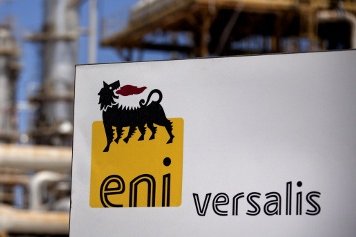On January 24, 2023, a convoy including the Maersk Detroit, a 6,200 TEU vessel, and the Maersk Chesapeake, a 2,474 TEU vessel, along with their US Navy escort, came under missile attack by Houthi forces while attempting to enter the Red Sea. The US Central Command reported that around 2:00 PM local time, three ballistic missiles were launched towards the Maersk Detroit, approximately 50 miles south of the Yemeni location of Al Mukha. Two of these missiles were intercepted and destroyed by the destroyer USS Gravely, while the third fell into the sea. Both the ship and its crew were unharmed. However, Maersk decided to reverse the course of its container ships, directing them back to the Gulf of Aden.
The two container ships were carrying cargoes for the United States Government and are operated by Maersk Line Ltd, the American subsidiary of the Danish group. In response to the elevated risks, Maersk announced a suspension of transits in the Red Sea until further notice. The day before the attack, the United States Maritime Administration (Marad) advised US ships to remain north of 18N in the Red Sea or east of 46E in the Gulf of Aden.
This latest attack by the Houthis follows several military operations by the Anglo-American forces against their ground bases, indicating that the Yemeni group's offensive capabilities have not been completely neutralized. Consequently, it remains uncertain when normal navigation conditions in the Gulf of Aden and the Red Sea will resume.
Meanwhile, Lloyd's List reported that the crisis is revitalizing the use of pocket container ships – small vessels that operate direct services between Asian and European ports. Among the companies relaunching these services is China's Sea Legend, which operates routes from China to Turkey. They seem to benefit from the perceived immunity of Chinese-flagged ships entering the Red Sea. However, the Chinese company Cosco continues to avoid this route for now.



































































